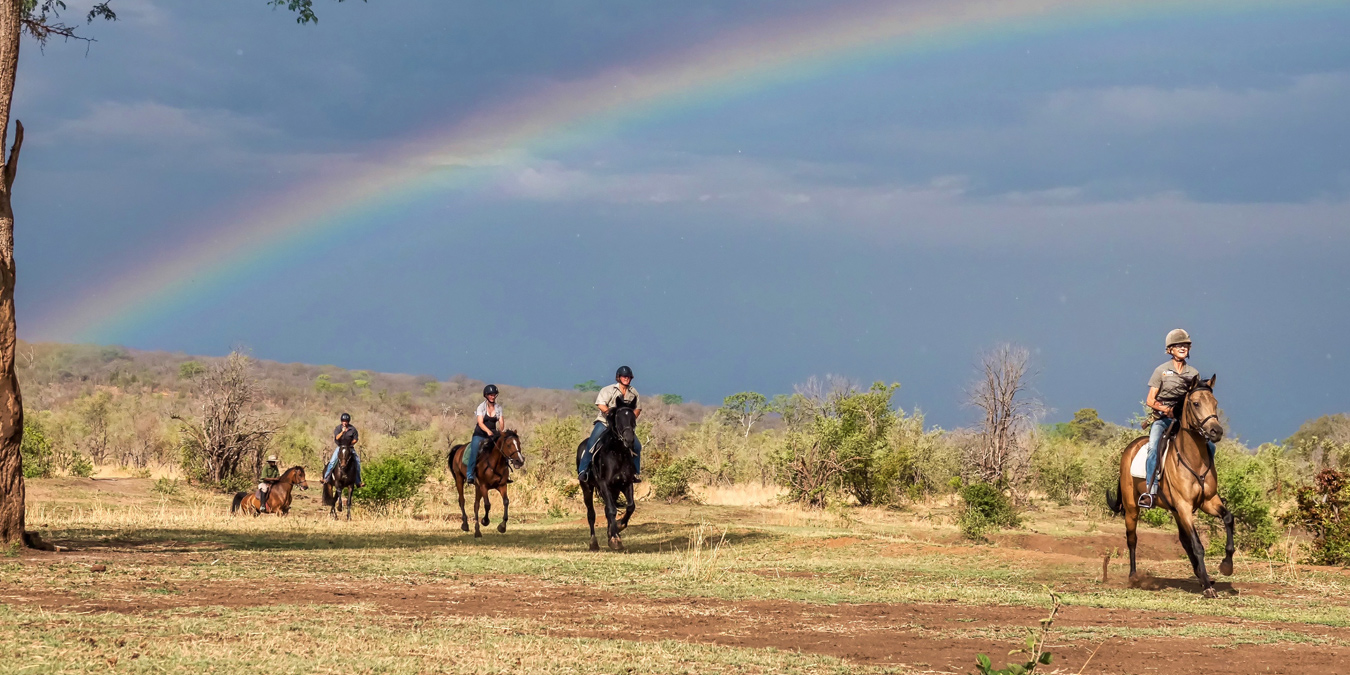|
Getting your Trinity Audio player ready...
|
By Hlazo Mkandawire
Zimbabwe has long been one of Africa’s tourism giants.
Blessed with spectacular landscapes, exceptional biodiversity, and abundant wildlife, the country is home to some of the world’s most iconic tourist sites, from Victoria Falls and Hwange National Park to Great Zimbabwe — a medieval city in the south-eastern hills and a UNESCO World Heritage Site.
These magnificent sites attract visitors from around the world, contributing significantly to the country’s economy. The tourism sector contributes 4.25 percent of GDP and 1.56 percent of total employment.
“The tourism sector is one of the country’s important employers, but also brings in much-needed foreign exchange and tax revenues,” says Hermione Nevill, IFC’s Tourism Specialist.
Recently, however, the sector has been hit by a series of economic shocks – not least the fallout from the COVID-19 pandemic. That has led to a significant drop in contributions to Zimbabwe’s economy.
Last year, tourist visits dropped by almost 2 million compared to 2019. This was mirrored by reduced revenues in international tourism receipts, which totaled $397 million in 2021 — a steep fall from the $1.1 billion total in 2019.
An IFC program is addressing several challenges to get the tourism sector back on its feet. In 2020, at the start of the pandemic, the IFC and the Government of Japan partnered to support a four-year Zimbabwe Destination Development Program (ZDDP), providing technical support to the Ministry of Environment, Climate, Tourism and Hospitality Industry, and the Ministry of Transport and Infrastructural Development to help develop the sector.
According to Nevill, the program was designed to accelerate tourism recovery by supporting the sector’s ecosystem, from improving access to enhancing planning and promotion and strengthening policies – but also concentrating on rebuilding Victoria Falls, the country’s major destination.
“We wanted to support Victoria Falls to get back on its feet as the engine to drive growth in the tourism economy,” said Nevill.
Among the initiatives pioneered by the program was the establishment of the government’s Air Access Development Program to boost air connectivity, following the pandemic-induced aviation crash, and the repositioning of Victoria Falls airport as a regional gateway. The program’s technical committee has held over 50 meetings with 30 airlines and pitched 20 targeted business cases so far.
Eight new routes or frequencies – the number of times a carrier services a route – have since been added to Zimbabwe, bringing trade and tourists direct from Botswana, Germany, Namibia, South Africa and Qatar. Including Lufthansa, who provided the first direct flight from Europe to land in Victoria Falls on March 30, 2022.
The program also embarked on an ambitious project to create a “destination management partnership” for Victoria Falls. Led by the Victoria Falls City Council, it unites public and private sector players to work together in making the city a better place to live in, and a better place for people to visit. The partnership focuses on coordination to grow the tourism economy but also control and derive more value from it.
To expose Zimbabwe to current destination management practices, IFC took 14 officials to Cape Town — one of Africa’s most successful destinations — on a tourism peer-to-peer exchange, hosted by Cape Town Tourism, in September. The Zimbabwean officials learned what drives a successful destination management practice and were able to take those lessons back to their home countries.
“The timing and schedule of activities and content shared was world class,” said Anald Musonza from Hotel Association Zimbabwe, one of the delegates.
Musonza said he wants to continue the engagement with Cape Town Tourism to exchange best practice ideas and re-establish Victoria Falls as a premier tourist destination.”
To boost confidence in Victoria Falls during the pandemic, IFC also supported the establishment of “We Are Victoria Falls” in 2020 — a public-private initiative providing up-to-date information about the site to key stakeholders. The initiative won silver at the 2022 World Responsible Tourism Awards for Sustaining Employees and Communities Through the Pandemic.
In addition, the ZDDP program has trained over 100 Victoria Falls tourism players through its Let’s Get Digital program, helping to improve digital marketing, media management skills and to support the recovery from COVID-19 by driving more visitors to the area.
To properly measure the economic impact of the tourism sector, Zimbabwe also developed its first national Tourism Satellite Account (TSA) in 2022 with funding from ZDDP and support from IFC and the UN’s World Tourism Organization. TSAs are globally recognized benchmarking tools that help promote sustainable tourism and enhance the sector’s resilience to external shocks.
All these efforts have been paying off as the percentage of tour operators who felt confident to book Victoria Falls shows. The numbers have increased from 50 percent in 2020 to 74 percent in 2021, which is almost on par with the pre-pandemic confidence levels of 85 percent.
“IFC’s support is helping Zimbabwe increase tourism’s contribution to its economy again, boost targeted private sector investment, and create a more business-friendly environment so the sector can recover and thrive,” said Adamou Labara, IFC Country Manager for Zimbabwe. “These initiatives show that, with the right support, Zimbabwe’s tourism sector can sustainably recover from the pandemic, while increasing its contribution to economic growth and creating jobs.”
SOURCE: WE ARE VICTORIA FALLS






